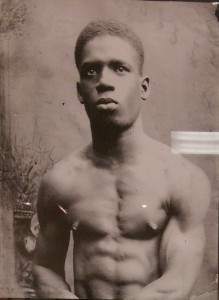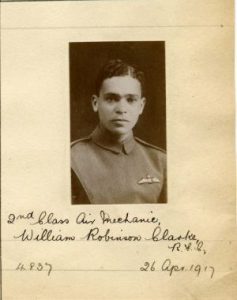
LAUNCH EVENT:
Friday 22nd September 6:30pm
New Art Exchange
39-40 Gregory Boulevard, Nottingham NG9 6BE
The We Will Remember Them project, funded by the Centre for Hidden Histories, aims to uncover hidden narratives that will strengthen the coverage of under-represented groups in relation to the centenary of the Great War. Empire troops fought in the most infamous battles of the war, including at Ypres and Passhendaele, but the hidden histories of soldiers from the Caribbean and South Asia still need to be recovered and their stories told, not only in scholarly monographs but in other cultural forms too. Consequently, this project aims to ensure that we try to avoid the real risk that younger generations will conceive of the war as fought entirely by white soldiers.
The research output has been constituted in the form of a travelling exhibition which will facilitate the general public becoming (more) aware of the courage, sacrifice and stories of “Commonwealth” soldiers. The exhibition will tour the East Midlands and London and will launch at New Art Exchange on the 22nd September.
Following the launch, the exhibition will travel to the following venues:
- 25th-29th September Nottm. County Hall, West Bridgeford NG2 7QP
- 2nd-5th October Clifton Cornerstone, Southchurch Drive, Clifton NG11 8EW
- 6th-12th October Bulwell Riverside, Main Street NG6 8QL
- 12th-18th October Mary Potter Centre, 76 Gregory Blvd. NG7 5YH
- 18th-23rd October Nottm. Central Library, Angel Row NG1 6HP
- 23rd-26th October Nottm. City Council, Loxley House, Station Street NG2 3NG
- 27th October-1st November St Anns Valley Centre, 2 Livingston Rd NG3 3GG
Please contact nottinghamblackarchive@gmail.com for more information.
This project is delivered in association with Renaissance One
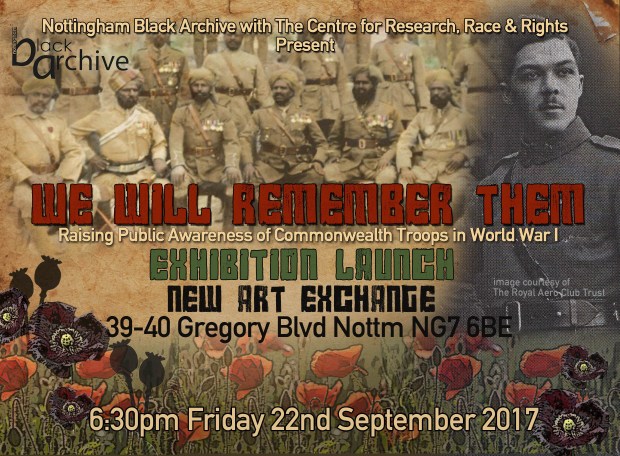
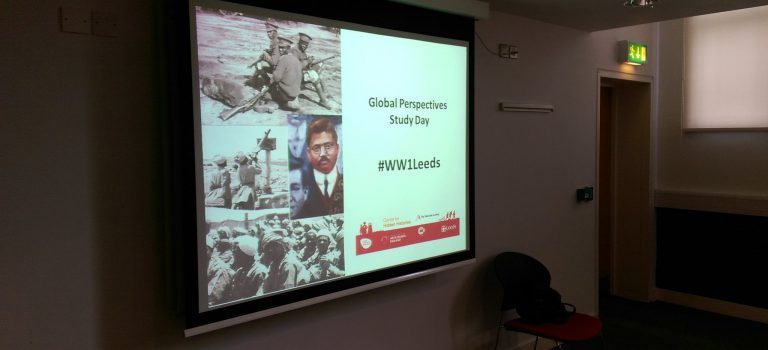
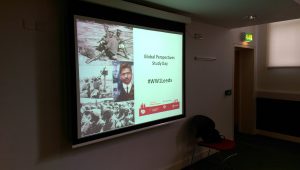
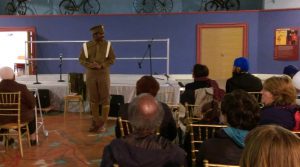
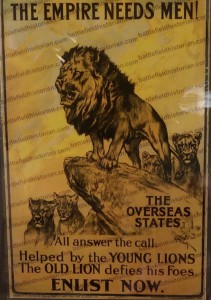 This week I visited the 400 Years of Caribbean Contribution to British Heritage and Culture exhibition at Solihull Central Library. It is a fine collection of images and information about the role played by people from the Caribbean and people of Caribbean heritage, in some of the landmark events in British history.
This week I visited the 400 Years of Caribbean Contribution to British Heritage and Culture exhibition at Solihull Central Library. It is a fine collection of images and information about the role played by people from the Caribbean and people of Caribbean heritage, in some of the landmark events in British history.
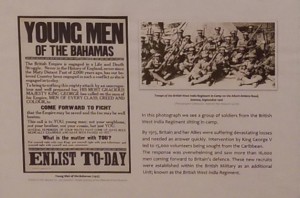 Naturally, large sections are dedicated to the Second World War and of course, the First, which is what prompted my interest. Much of it is biographical, with pictures, newspaper clippings and poetry dedicated to well known figures such as Walter Tull, and some (undeservedly) less celebrated ones.
Naturally, large sections are dedicated to the Second World War and of course, the First, which is what prompted my interest. Much of it is biographical, with pictures, newspaper clippings and poetry dedicated to well known figures such as Walter Tull, and some (undeservedly) less celebrated ones.